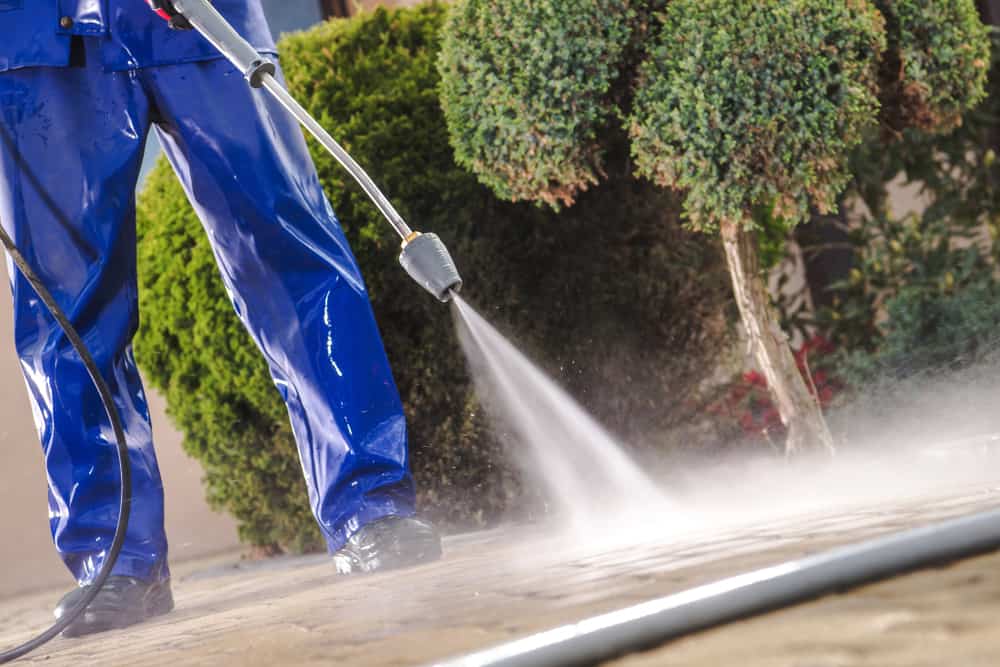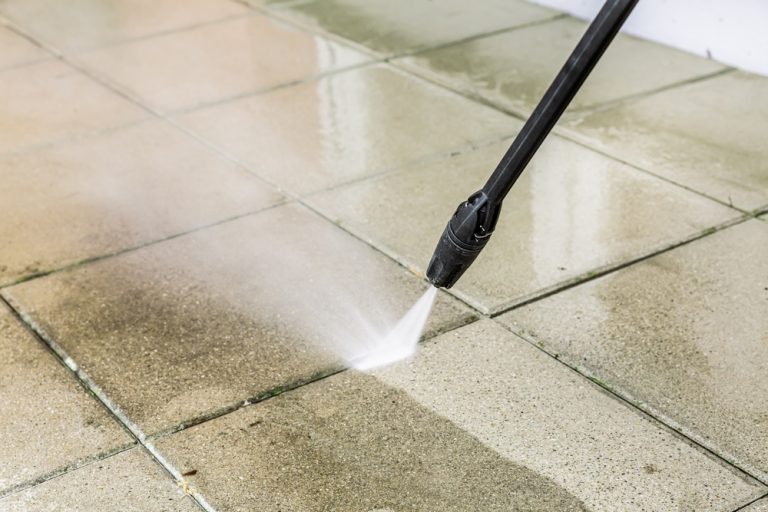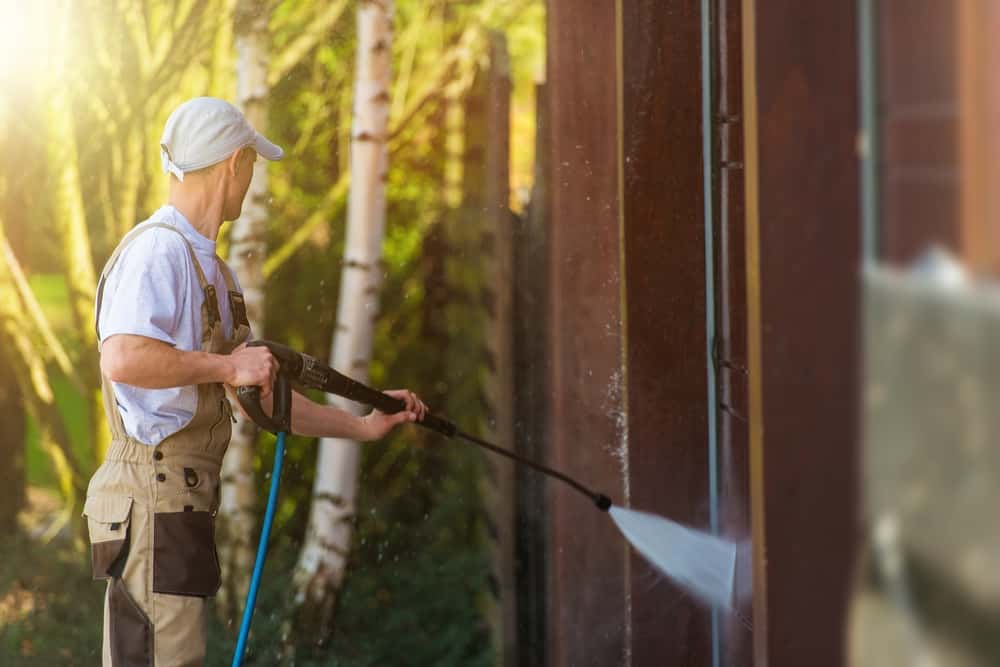Experience the Difference with Our Unique Offerings
Rooted in strong values and a commitment to exceptional service, Metanoia Construction is your trusted family-owned partner.
From caulking to specialty coatings, we offer a wide range of services for residential and commercial clients.
Our 20+ years of experience guarantees excellence and seamless project execution.

In Morton Grove, IL, embracing eco-friendly practices isn’t just a preference, it’s essential for the wellbeing of our community. At Metanoia Construction Inc, we’re committed to providing commercial powerwashing services that are both effective and environmentally responsible. Our approach includes using cleaning solutions that are biodegradable and safe for the planet. This commitment not only aligns with Cook County’s sustainability goals but also ensures that your business contributes positively to our community’s ecological well-being.
Furthermore, we recognize the importance of conserving water, a vital resource in Morton Grove, IL. Our team employs advanced techniques that significantly reduce water usage without compromising on quality. By choosing Metanoia Construction Inc for your powerwashing needs, you’re not just opting for a cleaner business facade; you’re making a conscious decision to support eco-friendly practices that benefit the entire Morton Grove, IL community.
With years of expertise in Morton Grove, IL, Metanoia Construction Inc's team guarantees top-notch service.
Our dedicated team prioritizes your needs, ensuring each powerwashing project in Cook County meets your highest expectations.
Adhering to all local environmental regulations, our practices are safe for both your property and the community.

When you select Metanoia Construction Inc for your powerwashing needs in Morton Grove, IL, you’re choosing a service that offers multiple benefits. First and foremost, our state-of-the-art equipment and highly skilled technicians ensure that your property is cleaned thoroughly, efficiently, and without any damage. We use specialized techniques that effectively remove dirt and grime while being gentle on your property’s surfaces. This attention to detail is part of what sets us apart in Cook County.
In addition to providing a superior clean, we prioritize environmental safety. Our eco-friendly cleaning solutions ensure that the runoff from our cleaning processes is harmless to the local ecosystem. This is especially important in areas like Cook County, where protecting natural resources is a community effort. Remember, when you call 630-626-8828 for your powerwashing needs, you’re not just getting a clean property – you’re also making an environmentally conscious choice. Contact us today to learn more about our commitment to sustainability in our practices.

At Metanoia Construction Inc, sustainability is not just a buzzword; it’s a practice we integrate into every aspect of our powerwashing services in Morton Grove, IL. We’ve adopted eco-friendly techniques that significantly reduce our environmental footprint. One of our key practices includes water reclamation. This is a process where we capture and reuse water, ensuring to minimize waste and prevent pollution in Cook County’s water systems. This innovative approach reflects our deep commitment to protecting our planet.
Moreover, we continually update our methods to align with the latest environmental standards and practices. Our team is dedicated to exploring new ways to make commercial powerwashing as green as possible. By choosing Metanoia Construction Inc, you’re not only ensuring that your business looks its best, but you’re also playing a crucial role in preserving the natural beauty and health of Morton Grove, IL. With us, your business isn’t just clean – it’s environmentally responsible.
A handful of farmers from England settled in 1830-1832, despite there being no roads from Chicago, only native American trails, as the defeat of the Black Hawk War and the Treaty of Chicago led Native Americans to leave the areas. Farmers from Germany and Luxembourg started arriving by the end of the decade, clearing the land by cutting the walnut, oak, hickory, elm and maple trees. Logs were initially hauled to a sawmill at Dutchman’s Point (later Niles, Illinois) at the corner of what became Milwaukee, Waukegan and Touhy Avenues, and stumps burned for charcoal that could then be hauled to heat homes in expanding Chicago. Immigrant John Miller erected a water-powered sawmill near where the Chicago River met the future Dempster Street shortly after 1841. This simplified homebuilding in the area, as well as facilitated further lumber sales. A road (first known as Miller’s Mill Road and after 1915 as Lincoln Avenue) allowed wood from the sawmill (and produce from nearby farms) to be hauled to the largest settlement in the surrounding Niles Township (initially known as Niles Center and now Skokie) or even further, into Chicago. Around 1850, the “Northwestern” road to/from Chicago (now known as Milwaukee Avenue) was improved (partly using lumber from Miller’s sawmill) to become a single lane plank (toll) road. That reduced a four-day journey into Chicago to about a half day, and also helped sales of produce and farm products from the rich bottomland. Lumber was also hauled to Jefferson Park to fuel locomotives after the first railroads were built in the area. In 1858, Henry Harms built a toll road from the intersection of Ashland and Lincoln Avenues in Chicago to Skokie, where it met Miller’s Mill Road. Harms’ Road was later extended through Glenview.
In 1872, the Chicago, Milwaukee and St. Paul Railroad bought Miller’s Mill and laid track (which became two lines in 1892). They also dug gravel for railroad and road use nearby, creating a quarry at what later became Austin Park. The stop (later station) at what had been Miller’s Mill was named Morton Grove to honor one of the railroad’s New York financiers, Levi Parsons Morton. The Morton Grove settlement began growing from about 100 persons, and by 1874 had grown enough to have its first postmaster, Civil War veteran Medard Lochner. Rural mail service started 21 years later, although a blacksmith shop was opened at the settlement by 1884, and a trading post and saloon had operated since 1847. The first subdivision (177 lots) was platted by real estate developers George Fernald and Fred Bingham in 1891, and a convalescent home for German-American aged was built in 1894. The village formally incorporated on December 24, 1895, just eight days before Morton became the Governor of New York. Morton Grove’s first mayor, George Harrer, was of German descent (and became the namesake of the village’s largest park), and his brother became Skokie’s mayor.
The first greenhouses were built in Morton Grove in 1885 (the railroad transported 135,000 tons of coal annually to heat them in cold weather), and the Poehlman Brothers’ floral business grew into one of the world’s largest floral firms, receiving international recognition when one of its roses won first place at the 1904 St. Louis World’s Fair. The orchid department alone included eight greenhouses, and the nearby railroad station received flowers from the Philippines and South America to service customers with more exotic tastes. By 1915 the Poehlman Brothers’ payroll included 400 to 500 people. However, the business went bankrupt in the Great Depression. Baxter Laboratories bought much of the former Poehlman land, and became a major employer in the following decades. The 20 acres (8 hectares) of land surrounding Greenhouse C was purchased by the Morton Grove Days Committee and ultimately became Harrar Park. Lochner’s and the wholesale firm Platz Flowers (retail business name “Jamaican Gardens”) continue to operate in the village. August Poehlman long served as one of Morton Grove’s six trustees (and as its second mayor), and his brother Adolph was the village attorney.
Learn more about Morton Grove.